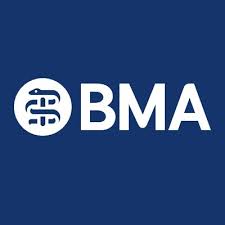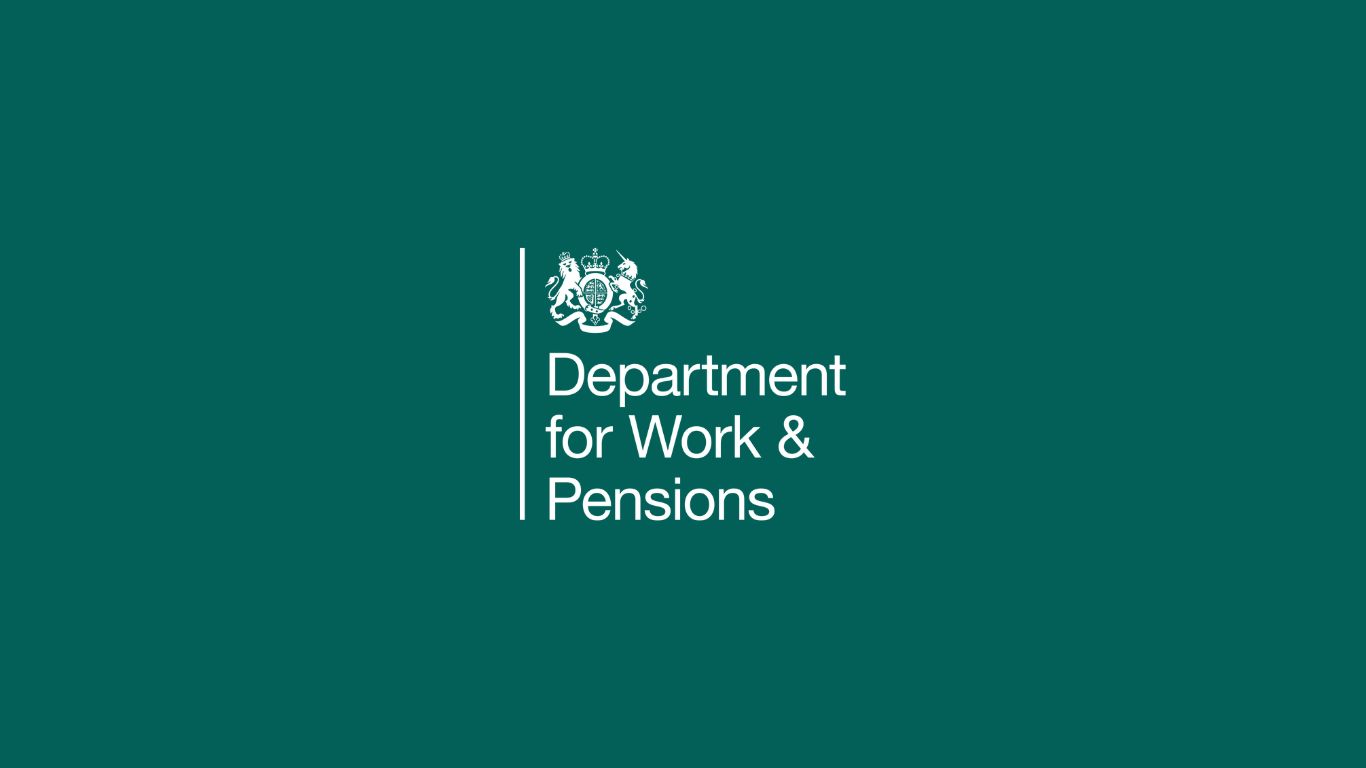National Medical Examiner’s guidance for England and Wales
Following regulations laid in Parliament in April 2024, the Death Certification Reforms come into force on 9 September 2024 (see the end of this summary for details of the regulations). From this date, all deaths in England and Wales will be independently reviewed, either by a coroner where they have a duty to investigate, or by a medical examiner.
Standards for medical examiners are set by the National Medical Examiner for England and Wales, who is appointed by the Secretary of State for Health and Social Care. This document, effective from 9 September 2024, sets out these standards, and provides guidance for implementing them and signposts to resources.
Medical examiners are senior doctors who, in the period before a death is registered (5 days), provide independent scrutiny of deaths in England and Wales not investigated by a coroner. Normally they work in this role in addition to their normal clinical duties, but will not have provided care for people whose deaths they review.
Medical examiners, supported by medical examiner officers, are based in local medical examiner offices. In England each medical examiner office has a lead medical examiner providing overall leadership to the office, and in Wales the Lead Medical Examiner for Wales has this role. In addition, NHS England employs regional medical examiners to provide regional leadership and guidance. Medical examiners address 3 key questions:
- what did the person die from? Ensuring accuracy of the Medical Certificate of Cause of Death
- does the death need to be reported to a coroner? Ensuring timely and accurate notification in line with statutory requirements and guidance
- are there any clinical governance concerns? Ensuring the relevant referral is made where appropriate
Their independent scrutiny has 3 elements. First, medical examiners or their officers give bereaved people the opportunity to ask questions and raise concerns. Second, they interact with the medical practitioner completing the Medical Certificate of Cause of Death (MCCD). Finally, medical examiners carry out a proportionate review of medical records. If they detect issues or concerns, medical examiners refer cases for further review, but do not investigate themselves as their scrutiny must be completed rapidly.
As of June 2024, while operating on a non-statutory basis, medical examiners have independently scrutinised over 900,000 deaths in England and Wales, supporting bereaved people and providing the public with greater safeguards through improved and consistent scrutiny of non-coronial deaths. To ensure support is available when needed, the National Medical Examiner’s office made funding available to facilitate weekend and public holiday cover arrangements that meet the needs of local communities, including those where urgent release of bodies is a priority. There are already signs medical examiners are improving the consistency and appropriateness of referrals to coroners, and we expect their work will improve the quality and accuracy of recorded causes of death, benefitting analysis and research.
Improved support for bereaved people is a key feature of the medical examiner system. This together with the changes brought in by the Death Certification Reforms that affect other parts of the death management process – the work of attending practitioners, register offices, coroners and cremation services – should improve the experience of bereaved people, reducing the risk of unnecessary distress.
The relevant regulations are:
- The Medical Certificate of Cause of Death Regulations 2024
- The Medical Examiners (England) Regulations 2024
- The Medical Examiners (Wales) Regulations 2024
- The National Medical Examiner (Additional Functions) Regulations 2024
Throughout this document, “the regulations” refers to all the above. References to individual regulations are set out in full.
Full guidance is here.




